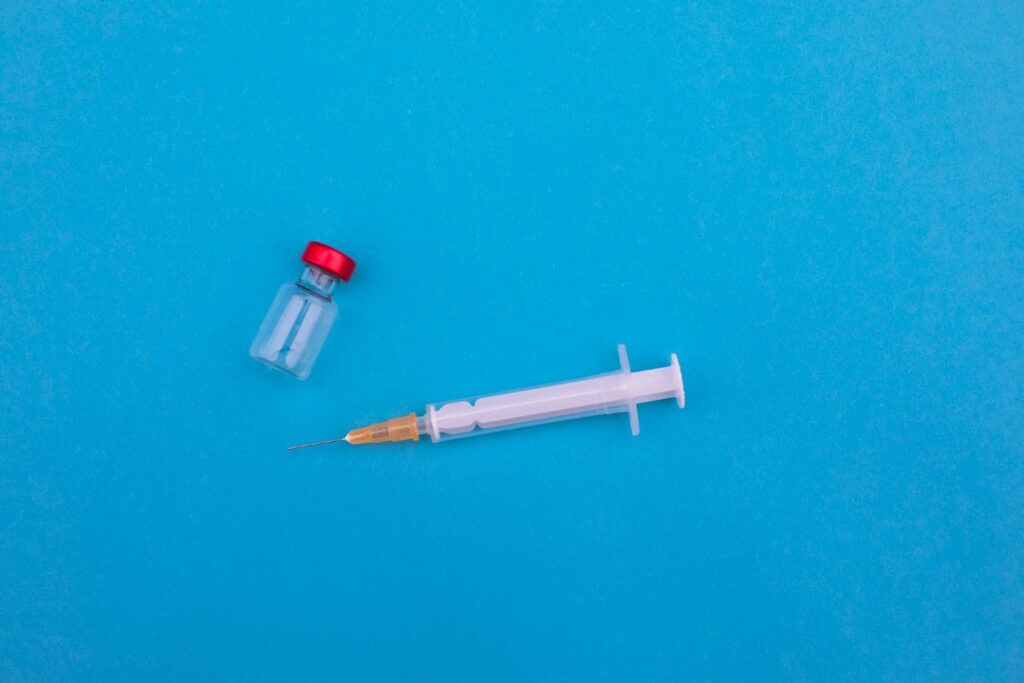Clinical-stage company Parvus Therapeutics has expanded its collaboration with biomanufacturing company National Resilience to develop and manufacture the autoimmune drug candidate, PVT401, for inflammatory bowel disease (IBD).

The therapy is being developed specifically for inflammatory bowel disease in collaboration with AbbVie. Credit: Markus Spiske on Unsplash.
Subscribe to our email newsletter
PVT401 is said to be the second autoimmune drug candidate from Parvus.
Parvus is focused on developing peptide-major histocompatibility complex (pMHC) nanomedicine drugs.
These assets can activate in vivo generation of antigen-specific Treg cells thereby stopping and curing autoimmune disease. It works by restoring organ-specific immune tolerance without conceding systemic immunity.
Each protein nanomedicine comprises multiple copies of a human-specific pMHC protein, covalently attached to an iron-dextran nanoparticle.
When administered intravenously, Parvus’ pMHC nanomedicines have shown to generate antigen-specific Treg cells in vivo. These cells then migrate to the site of tissue inflammation, where they work to restore immune tolerance.
Parvus Technical Operations senior vice-president Louis Demers said: “Our collaboration with Resilience provided critical development expertise and manufacturing capability we needed to transition from a preclinical to clinical-stage company.
“We look forward to our working with Resilience to develop our platform technology manufacturing capability and specifically developing PVT401, our second to clinic drug candidate.”
This initiative follows the development and manufacturing of Parvus’ PVT201, another autoimmune drug candidate, at Resilience.
PVT201 is currently undergoing a Phase I/II clinical trial in Australia for liver autoimmune diseases.
Meanwhile, PVT401 is being developed specifically for IBD in collaboration with AbbVie.
Parvus is also working on additional pMHC nanomedicine drug candidates for diseases such as multiple sclerosis, type 1 diabetes, rheumatoid arthritis, celiac disease and organ transplant rejection.
Resilience chief commercial officer Dr Susan Billings said: “We are proud to deepen our partnership with Parvus Therapeutics to advance the development of PVT401.
“Together with Parvus, we aim to bring innovative medicines like PVT401 closer to patients, addressing critical unmet needs in autoimmune diseases.”
 Advertise With UsAdvertise on our extensive network of industry websites and newsletters.
Advertise With UsAdvertise on our extensive network of industry websites and newsletters.
 Get the PBR newsletterSign up to our free email to get all the latest PBR
news.
Get the PBR newsletterSign up to our free email to get all the latest PBR
news.

